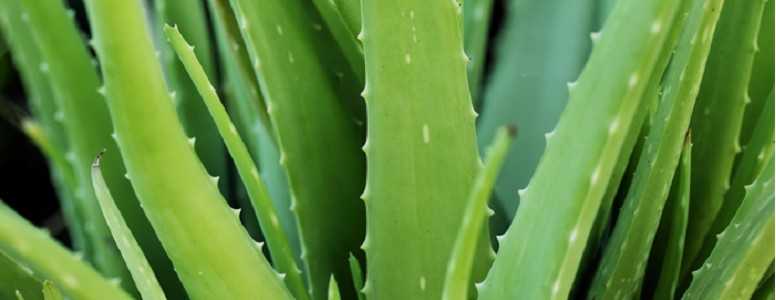Aloe vera supplementation could improve HbA1c in people with type 2 diabetes and reduce fasting plasma glucose (FPG) in people with prediabetes, a study finds.
Aloe vera, which is used in a multitude of beauty products, has been used in herbal medicine for thousands of years. Previous studies have linked aloe vera supplementation to improved blood glucose levels, which could be beneficial for people with diabetes.
The research, published in the Journal of Clinical Pharmacy and Therapeutics, evaluated eight randomised clinical trials conducted up until January 2016. 470 patients with prediabetes and type 2 diabetes were included.
The studies analysed were either randomised controlled trials exploring how aloe vera affected glycemic control of prediabetes or type 2 diabetes; or trials reporting FPG or HbA1c. The duration of treatment ranged from two to three months.
The researchers estimated the treatment effect with the mean difference in the final values of fasting plasma glucose and HbA1c between treatment and control groups.
Aloe vera supplementation led to a reduction of HbA1c in type 2 diabetes patients, but no effect on HbA1c was observed in prediabetes patients.
On the other hand, patients with prediabetes experienced reduced FPG following aloe vera supplementation. Only a marginal improvement in FPG was observed in patients with type 2 diabetes.
“The current evidence suggests a possible effect of aloe vera on glycemic control in prediabetes and type 2 diabetes,” the researchers wrote.
“However, given the poor quality of the limited evidence available, and the considerable heterogeneity seen in the study results, well-designed, well-powered, randomized controlled trials using standardized preparations are needed to better quantify any beneficial effects and their clinical relevance.”
What's new on the forum? ⭐️
Get our free newsletters
Stay up to date with the latest news, research and breakthroughs.









